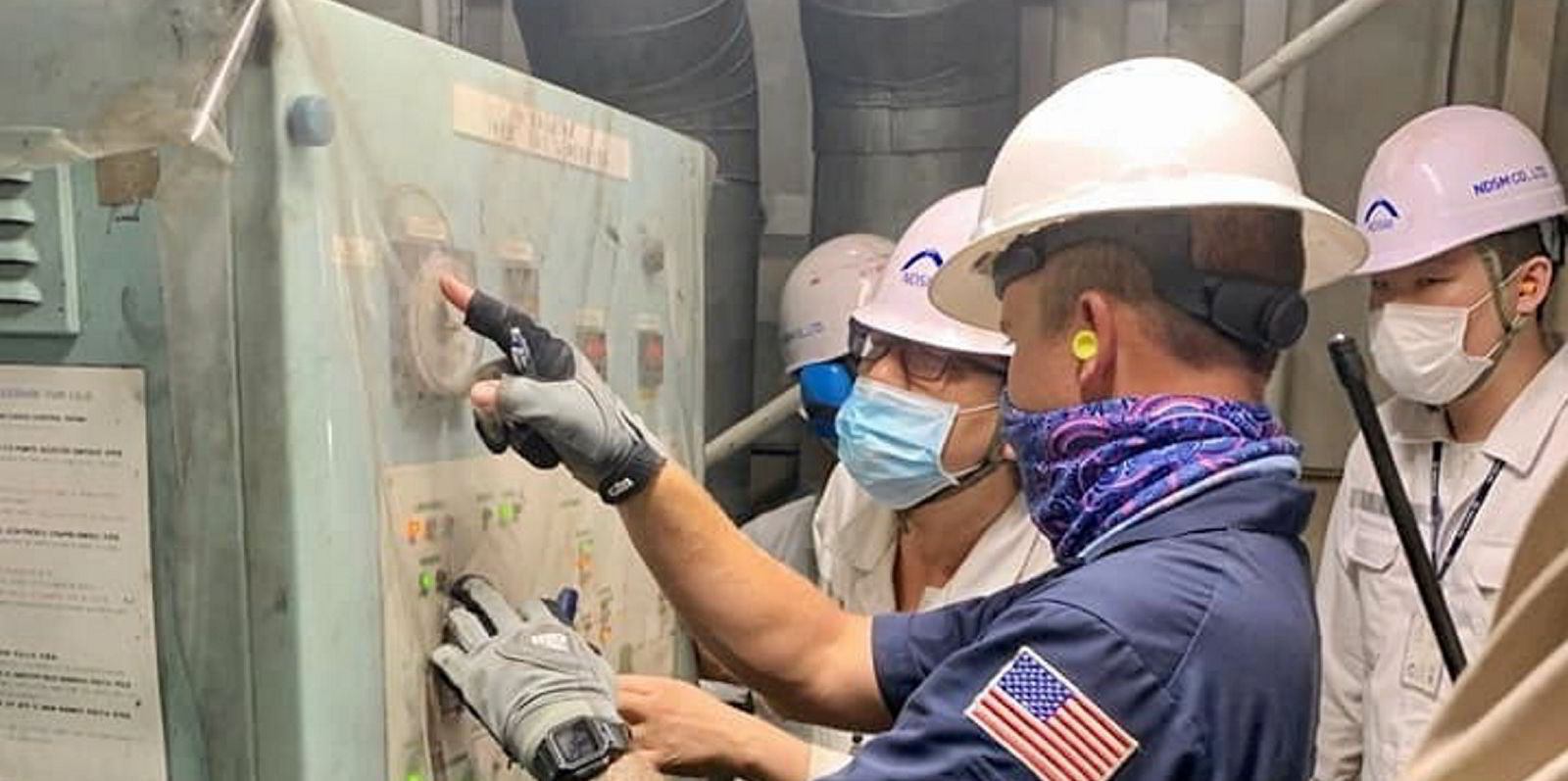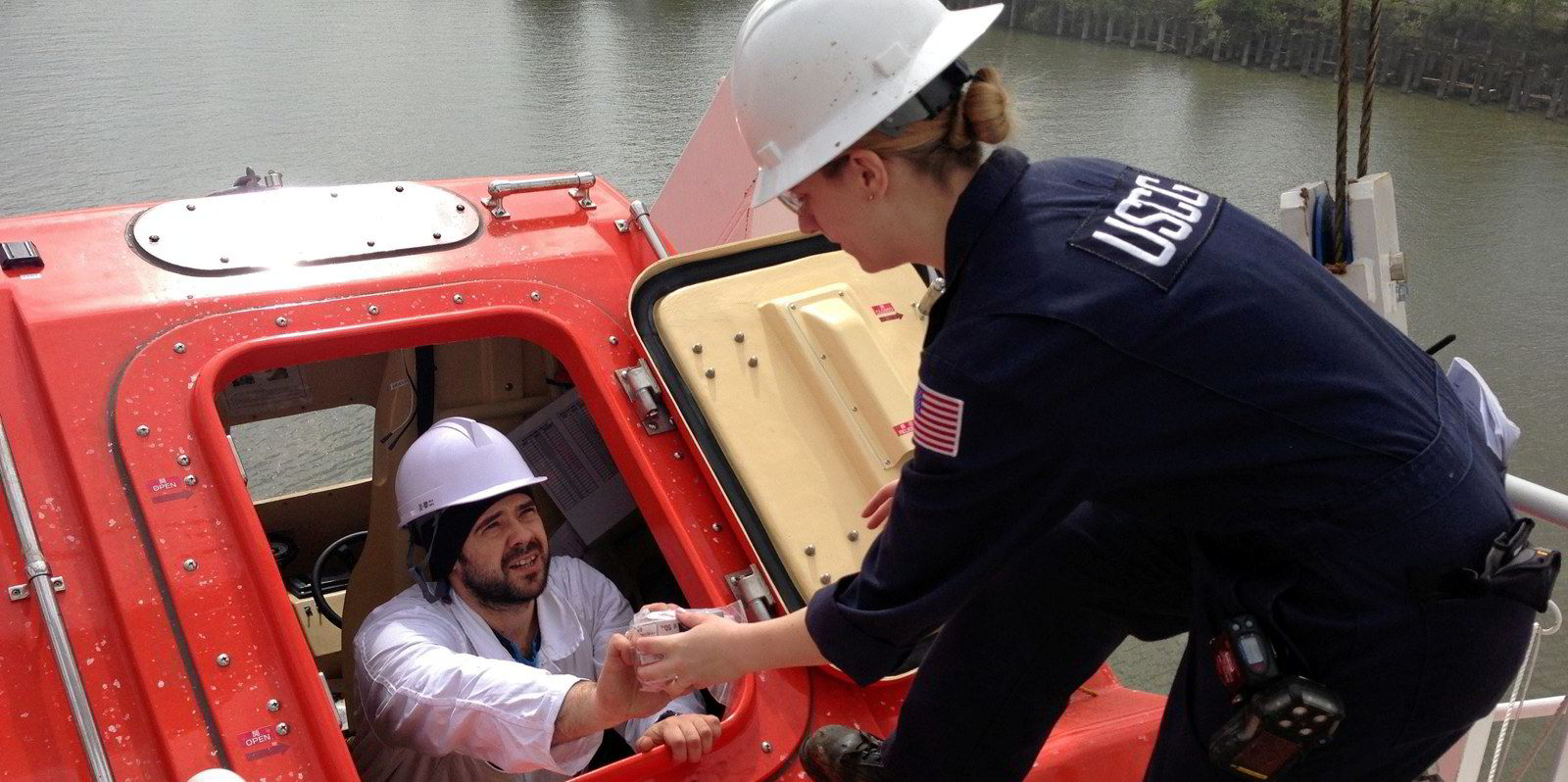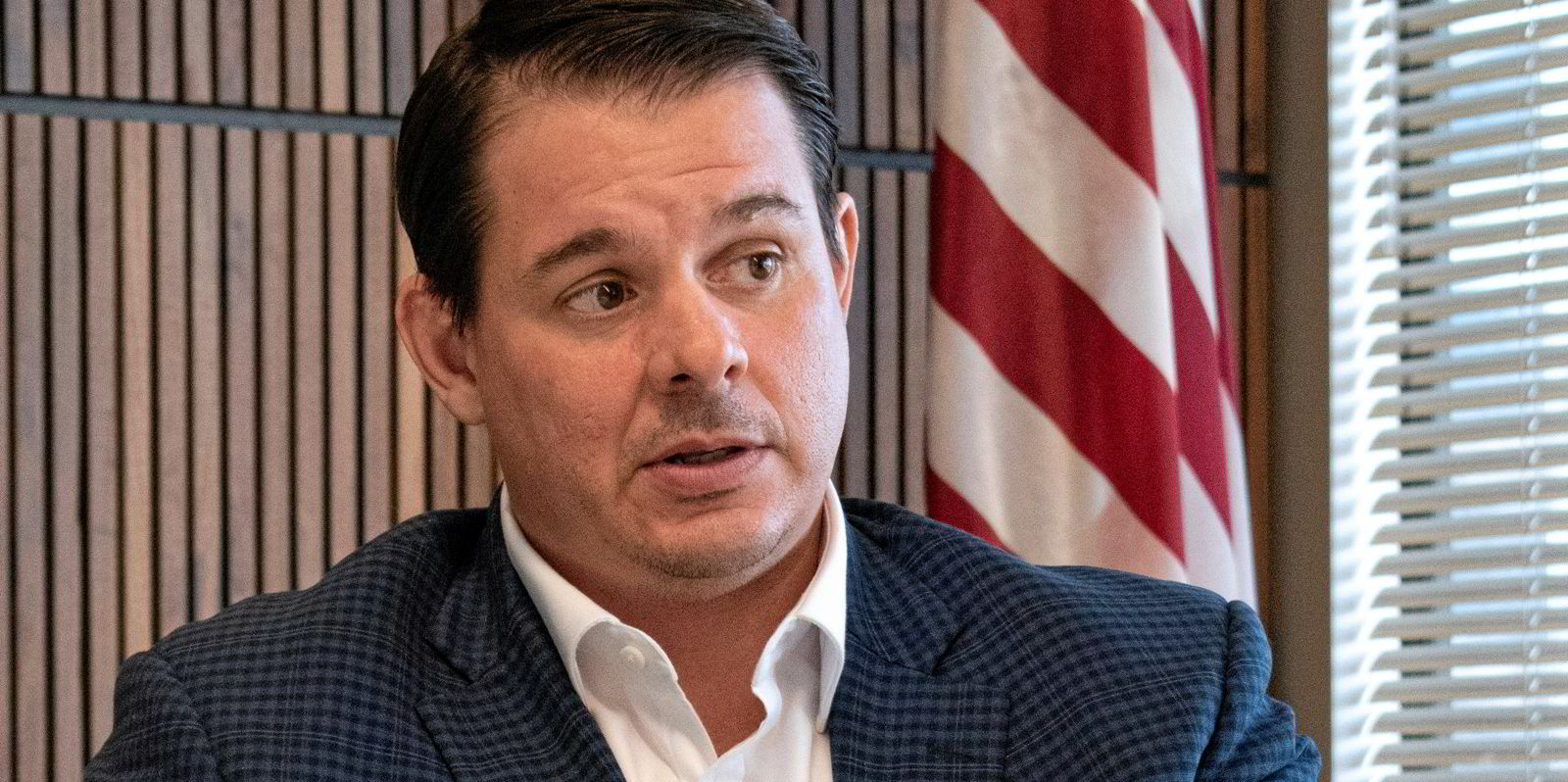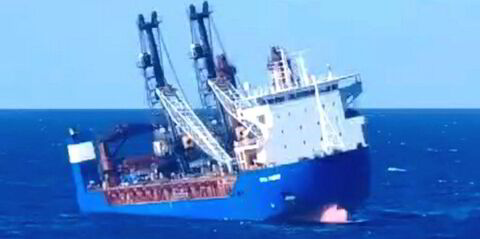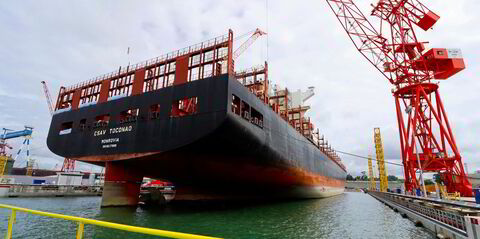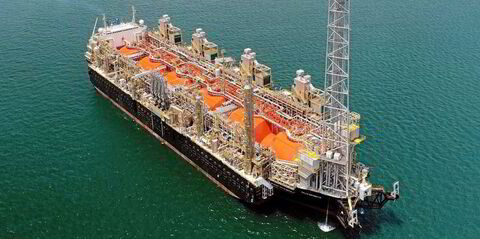It is encouraging to see that the US Coast Guard (USCG)'s latest annual report on its inspections of merchant ships shows a continued march towards greater safety.
The document on the agency's port state control examinations cites, for example, that just 0.77% of inspections resulted in a detention, down from 1.1% last year.
And, even though many fewer ships called in US ports because of the pandemic, the USCG retained its inspection rate, checking about one in 10 foreign-flag vessels. Let us hope the agency's inspectors also kept up the rigour of their examinations.
Also positive is that the world's three largest flag states — Panama, Liberia and the Marshall Islands — all cut detention rates at US port calls last year.
The Marshall Islands deserves additional praise for staying on the USCG's Qualship 21 programme for the 17th consecutive year.
Sure, its fleet size has fallen in the league tables behind arch-rival Liberia, but is it not better to brag about safety? After all, although these two registries are managed by companies, flag states' main role is meant to be regulatory rather than commercial.
And now, the poor performers
But the numbers from the USCG report also carry a reminder that the war against substandard shipping is not yet over, and although a complete victory may not be possible, efforts must be made to lift the standards of poorly performing flag states.
While inspection results for the broader fleet showed improvement, the USCG's list of high-risk fleet appears to have become riskier.
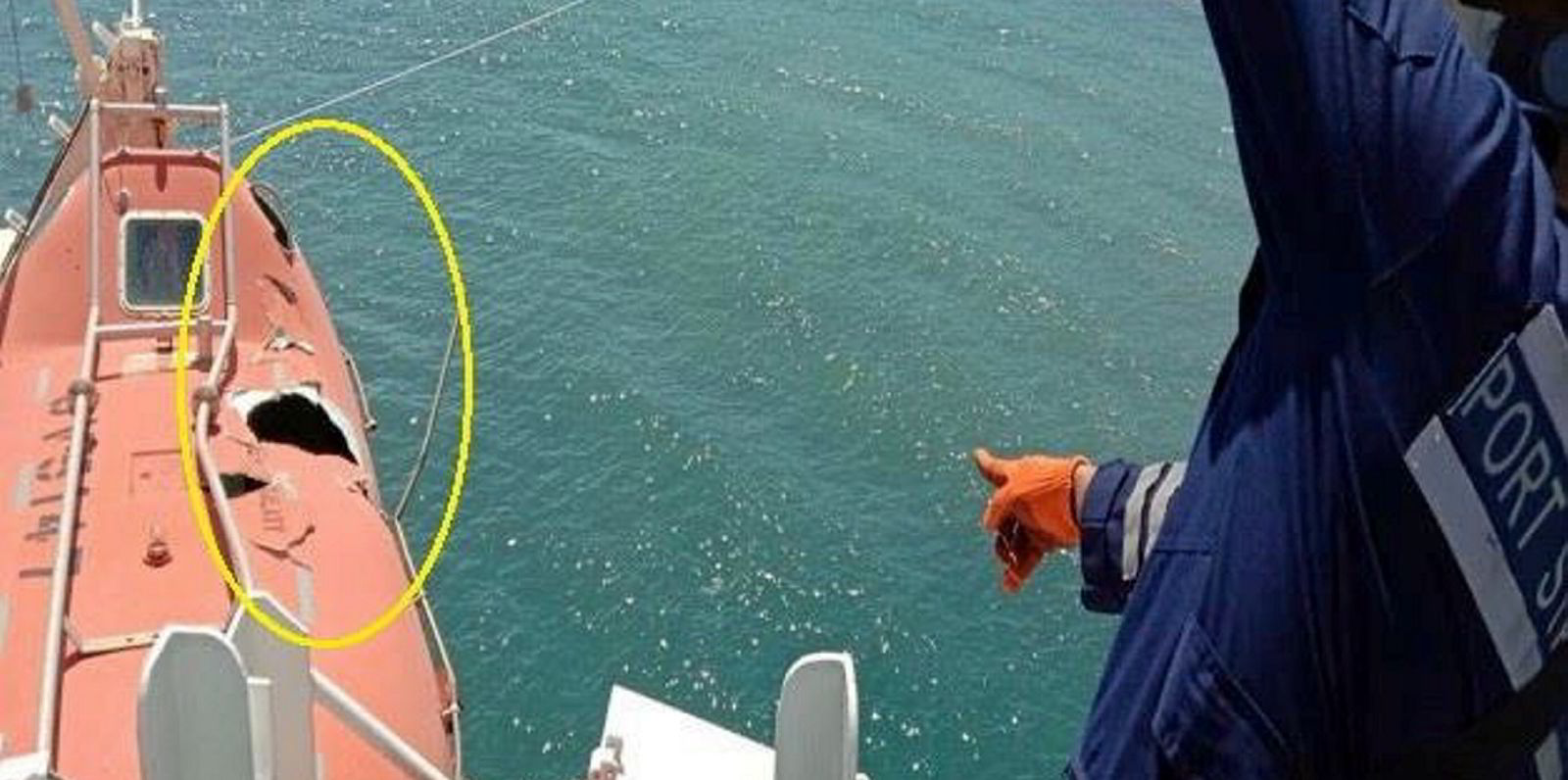
A TradeWinds analysis of the data found these 11 flag states had an overall detention rate of 4% in 2020. That is up from 2.3% for the 12 countries that were on the high-risk list in the prior year, made up of flag states whose three-year rolling average detention rate during US inspections was more than double the average of all ship registries.
Some 32% of examinations of ships flagged in these countries resulted in deficiencies in 2019, our analysis of the USCG report found. This jumped to 34.8% last year, although the total number of inspections slumped as the pandemic hit US port calls.
Middle of the road
Medium-risk flag states improved these figures, with the detention ratio slipping to 0.9% from 1.2%, with Liberia's improvement in its detention rate making a significant contribution to that decline.
The deficiency rate also fell on the medium-risk list, with problems found in 19% of inspections compared with 27.7% last year.
These countries should not rest on their laurels. All —Panama and Liberia included — should do more to advance to the next level in the USCG's safety league table.
The growth in the gap between high-risk and medium-risk flags in the US report came as fire safety problems accounted for a growing share of the deficiencies identified by USCG inspectors.
This may be the result of the agency rightly focusing more of its efforts on fire prevention and response deficiencies, but they made for 35% of detentions last year, rising to the top of the list. Oil accumulation in the engine room was the biggest deficiency cited for fire safety detentions.
While the onus is on high-risk flag states and the shipping companies whose vessels are registered under their banners to improve their records, shipping's global regulatory framework needs to come together to address underperforming registries.
How to move the needle on low-performing flag states may be a difficult question to answer, but the current PSC regime may lack the environmental regulations increasingly found in shipping. By that, I mean more meaningful penalties.
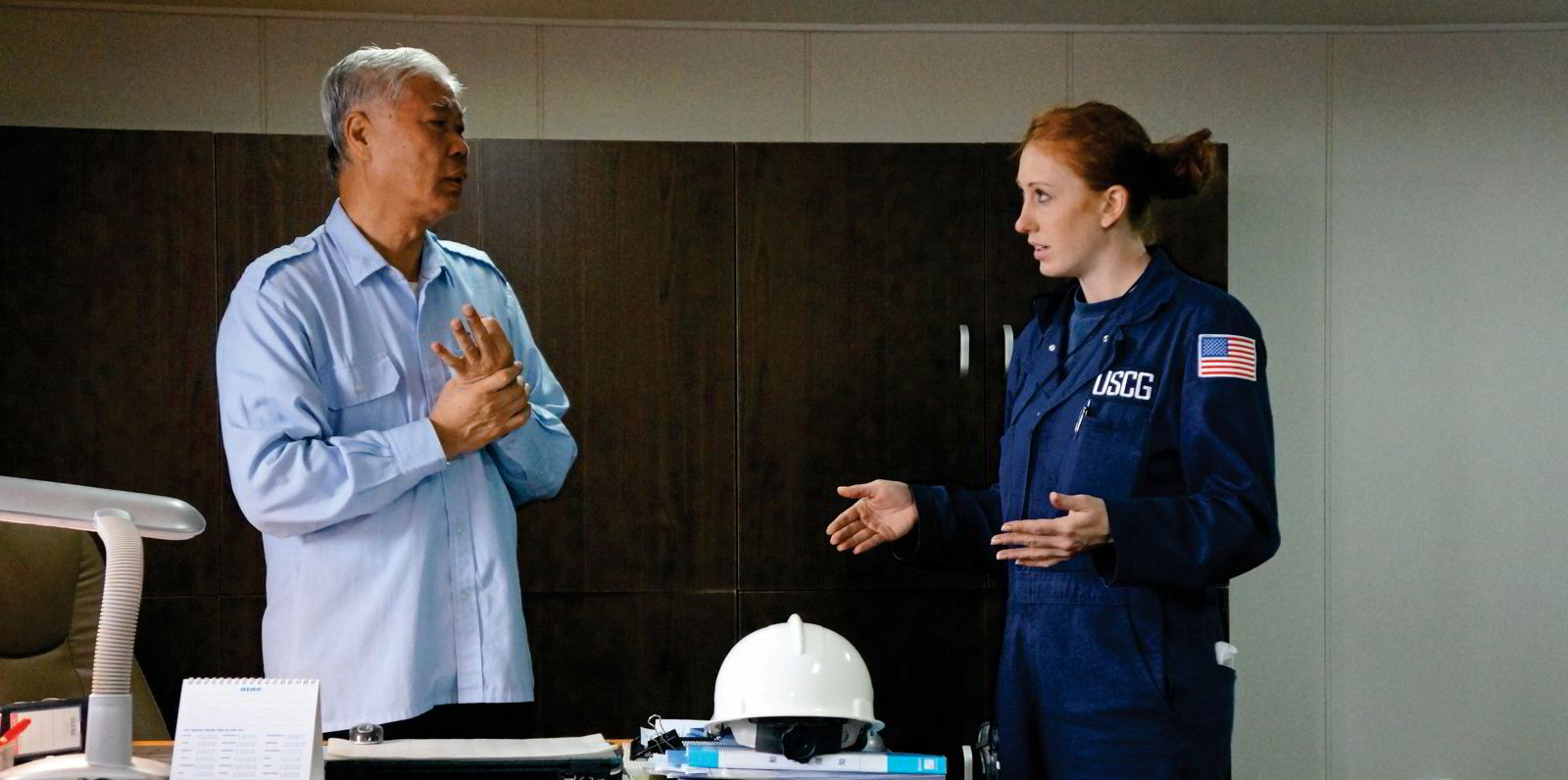
Look at Togo. Last year, PSC authorities under the Tokyo MOU on Port State Control carried out 218 inspections at Togo-flagged ships. All but one of those examinations found deficiencies, according to the treaty body's annual report.
What is worse is that is little different from 2019, when 329 inspections out of 342 had deficiencies.
Togo's place on the Tokyo MOU black list is clearly not sufficient penalty to convince operators with vessels on its ship registry to do better.
But seafarers working under high-risk flags deserve better.
